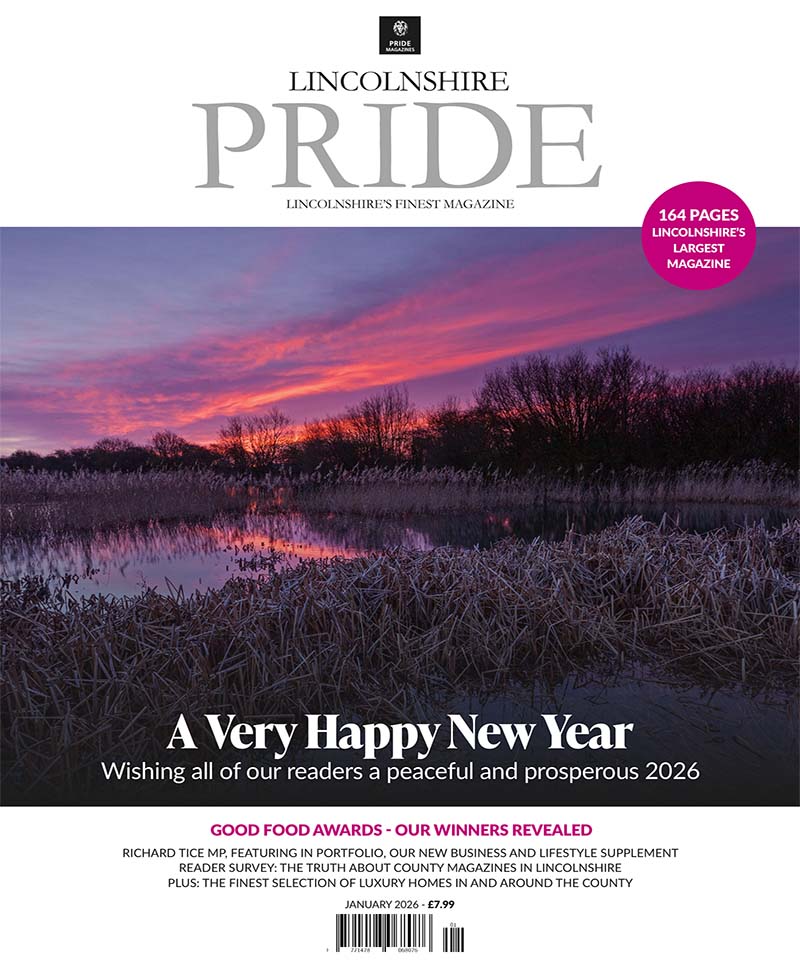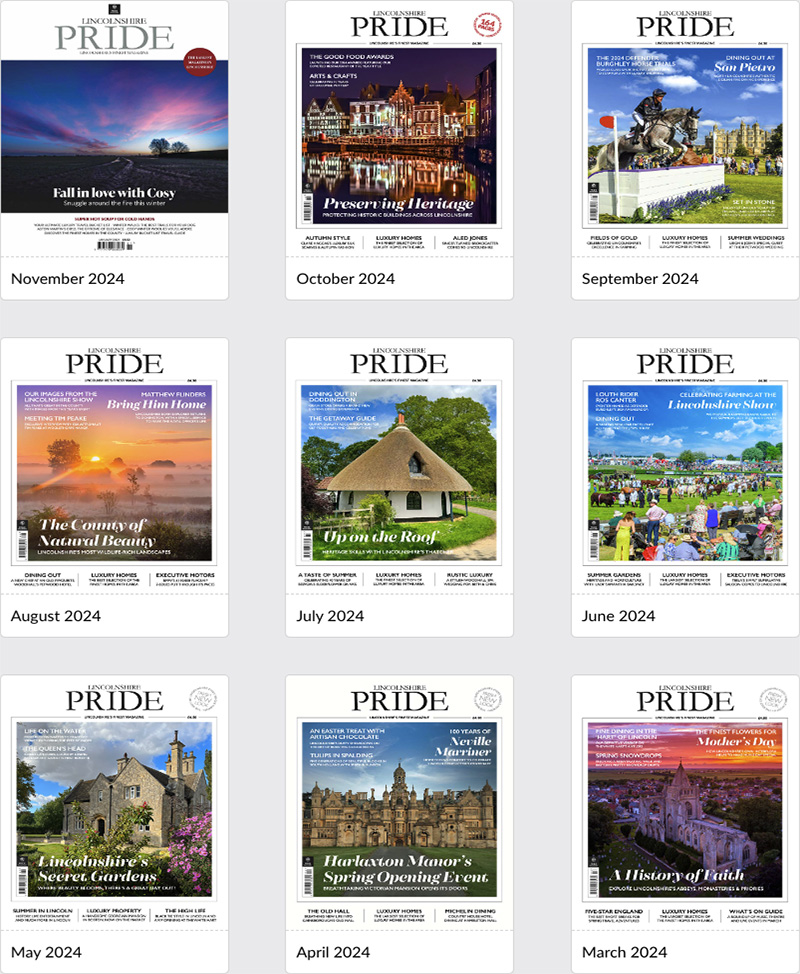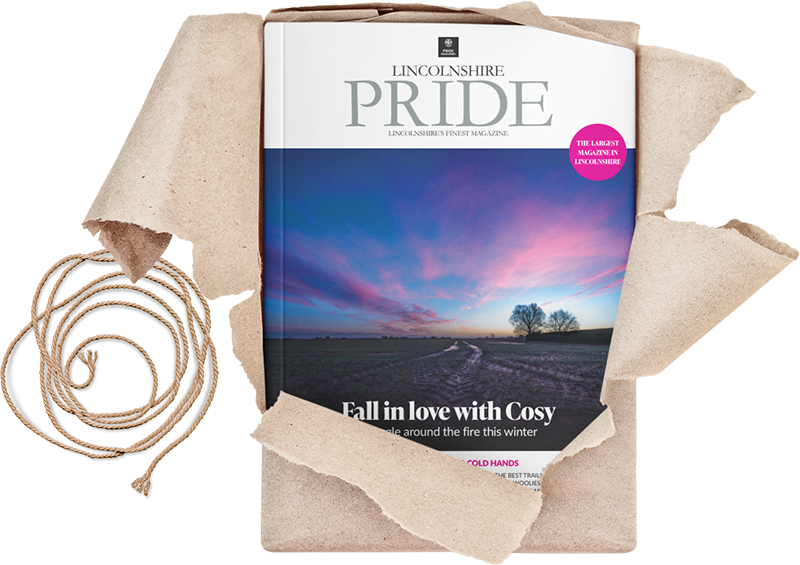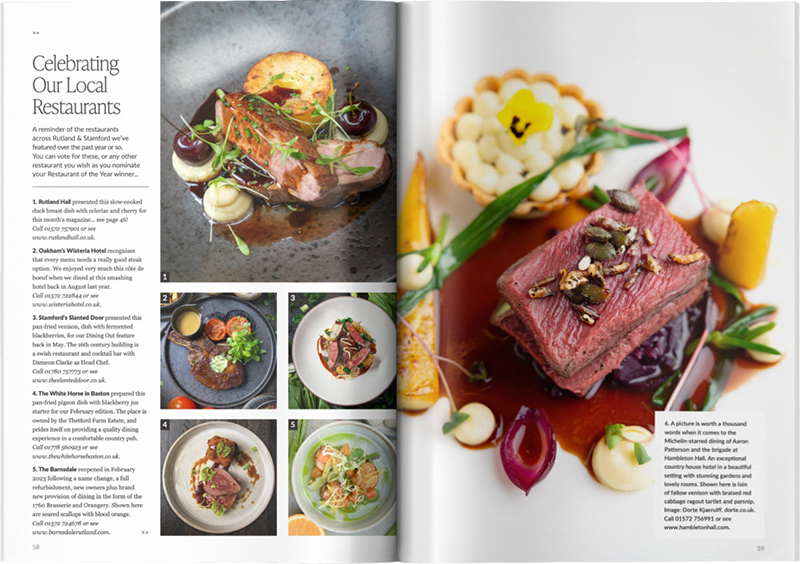
Going Potty in the Wolds
Working with our hands is a pleasure we’ve all but forgotten in a digital era when even being creative means being stuck in front of a screen. One pottery studio in the Wolds, however, invites you to try the distinctly analogue and highly tactile pleasure of working at the potter’s wheel, the perfect antidote to a busy life and a new hobby for 2018…
I’ve always admired those who can pick up a pen or pencil and draw or paint. Whilst within the remit of a photographer or page designer our team can still be considered ‘creative,’ I for one have always lacked the coordination and ability to create something in the non-digital arena.
But whilst the ability to draw and paint has eluded me, the idea of taking to the potter’s wheel seems even more abstract… as it does to many who visit Oxcombe Pottery in the village of the same name, nestled in the Wolds between Horncastle and Louth.
It’s a diversification from farming run by Susanna Gorst and her two tutors Charlotte Lauriston-Norris and Nicki Jarvis, both of whom hold degrees in the subject.
Located in a conservation area, on a productive mixed farming operation, the team introduces people to the skill of pottery.
“It’s therapeutic and fulfilling,” says Susanna. “We had a vision in 2013 to introduce others to a skill that we really love and a skill that we’re really passionate about.”
“There’s nowhere around here for pottery. I had to travel to Hull a couple of days a week to do it, and though there are teaching facilities within colleges in Lincoln and Grimsby, this is the largest dedicated pottery facility in Lincolnshire.”
“We’ve four wheels, two kilns, space for groups and we can offer taster sessions on Saturday afternoons.”
“The inherent pleasure is that you’re using natural materials to create something in a purely tactile way; it’s really rewarding,” says Susanna.“I’d done pottery for a number of years and I love the number of things you can make and use on a day to day basis.”
Given that it’s one of the oldest crafts in existence, it should come as little surprise that there are so many different ways to create pottery. The earliest method of creating wares is known as coiling, where extruded lengths of clay are spiralled up and smoothed out. Slab building and moulding involves rolling out, hand-shaping and moulding flatter forms into the shape of your desired piece. A similar technique is used to create ‘pinch pots,’ where balls of clay are pushed, prodded and pinched into shape.
Of course, the most common form and the one that everyone thinks of when considering the subject is that of throwing, where a quantity of material is batted down to soften it, then centred on the wheel before raising it up.
It’s a bit of a messy process, but immensely satisfying, and it’s easy to see why those who frequent Oxcombe Pottery and really get into the craft return time and again – it’s as therapeutic as any craft you could care to consider, and a great way of releasing stress!
The term ‘clay’ is used as a sort of shorthand but more accurately the studio works with terracotta, white earthenware and buff-coloured stoneware. Some seasoned potters also bring in their own materials, such as porcelain.
“Once our students’ pieces are complete, the ‘raw’ pot is still pretty delicate, and so we complete a firing process in one of the kilns, known as a bisque firing,” says Susanna.
“This turns dry clay into bisque – or biscuit – by firing to 1,000°c for up to 12 hours, with a further 24 hours to cool and temperature very gradually controlled upwards and downwards to prevent the piece from cracking.”
The pottery hosts two firings a week and once complete, the piece will be tougher, but still too porous to be used immediately so Susanna gives her students the option to colour them with glazes or paints.
Once complete, there’s no reason why pieces can’t be used and indeed, the eclectic range of teacups hanging up in the pottery’s kitchen are all made in house by tutors and students.
Complete beginners might want to take up the offer of a taster session. These are held on Saturday afternoons and include the chance to try out making a decorative tile or tealight, plus a go at throwing on the wheel too.
You could also try a class when more skills and techniques are learnt and used – running from week to week during term times – to learn both hand-building disciplines and throwing, including creating lids, handles and so on where appropriate, and learning how to fire and decorate your finished piece.
“The classes are really supportive, and we all become good friends,” says Susanna. “It’s great fun, creative and a wonderful way to unwind, quite unlike any other craft!”
A Saturday taster session is £30/two hours, whilst regular six/seven week courses are £8/hour. Oxcombe Pottery is based near Horncastle LN9 6LU. Call 01507 533227 or see www.oxcombe pottery.co.uk.






